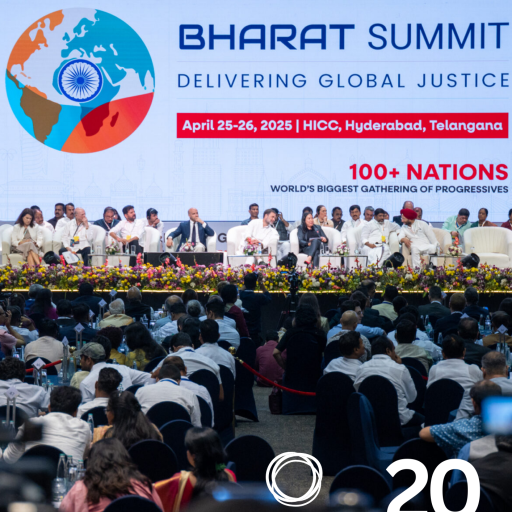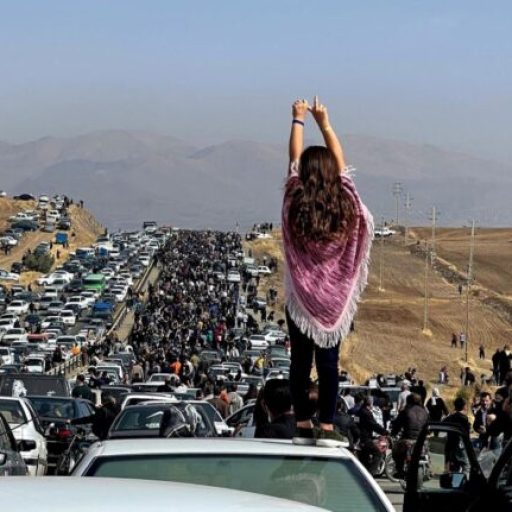It started with the first president, Macías Nguema (1968-1979), where intellectuals were condemned at all public events. A big majority of educated people, teachers and professors, were confronted with jail, death or exile.
With the current president, Obiang Nguema (35 years in power), although it is done in a more insidious way, basically the same thing is happening: his disinterest for education, as well as the need to control and tame the educated people as a real threat to his absolute power are barely hidden. The cult of the President and his family is the fundamental criterion for political and even social and professional promotion.
There are many arguments that demonstrate the disinterest of the Equatorial Guinea leaders towards education. For example:
In his 35 years of totalitarian power the current regime has not built one single public secondary education centre in the two major cities (Malabo and Bata), whereas a dozen of military barracks were built in both of them. These barracks are full of young people who are often prone to crime, alcoholism and drug addiction. These young people were denied education due to perverse political interests.
The national University and almost all public education centres lack the necessary financial means, materials, equipment and adequate human resources.
Officially, the country does not have a grant system for young people to study after leaving the secondary education system. Many of them are roaming the country without a purpose.
The grants offered by bilateral partners for studies at foreign universities are administered at the office of the Party in power and not by the ministry for Education. Children of people who belong to the opposition and the poor hardly have any access to them.
On the other hand, in spite of the significant income that the country gains through oil production, the Human Development Index (IDH) as an indicator of health, education and living standard (GDP per capita) was in the case of Equatorial Guinea in 2014 (0,556) at the “medium” level (144 to 187), whereas the IDH of similar countries in the Middle East with a comparable economic profile (Kuwait 0,814; Arab Emirates 0,827; Qatar 0,851) is in the category of “very high”, just like Norway or Switzerland. One can logically conclude that while the country experiences a fast growth in terms of income per capita (GDP), the strong degradation of the IDH can be explained by low investments in the other two pillars of the index, health and education.
All these parameters indicate, as it is shown in the graph below on a study of the Equatorial Guinea state budgets, that the social expenditure and therefore the well-being of the population has never been a priority for the regimes that govern the country.
For all these reasons, in order to achieve “Equal Opportunities for all in terms of Decent Work and Education”, it is important that the progressive governments and all democratic governments include in their agenda as a priority the fight to eliminate dictatorships in the world and the promotion of democratic regimes.
Lisbon, 5 December 2014





![Headline: Hier bitte das Thema [ Headline] 24.10.25, Lucerne, Switzerland, Progressive Alliance PA women conference](https://progressive-alliance.info/wp-content/uploads/elementor/thumbs/MAW251024mw859033AdobeRGB-scaled-recq0qxu9kb6pncdi2i7wo6ttne03ppnu58zxxdc74.jpg)
![Headline: Hier bitte das Thema [ Headline] 25.10.25, Lucerne, Switzerland, Progressive Alliance PA women conference](https://progressive-alliance.info/wp-content/uploads/elementor/thumbs/MAW251025mw860402AdobeRGB-scaled-recs8kegm3kqlleif2kq512xsjz2qfl3t7kc0t0tts.jpg)